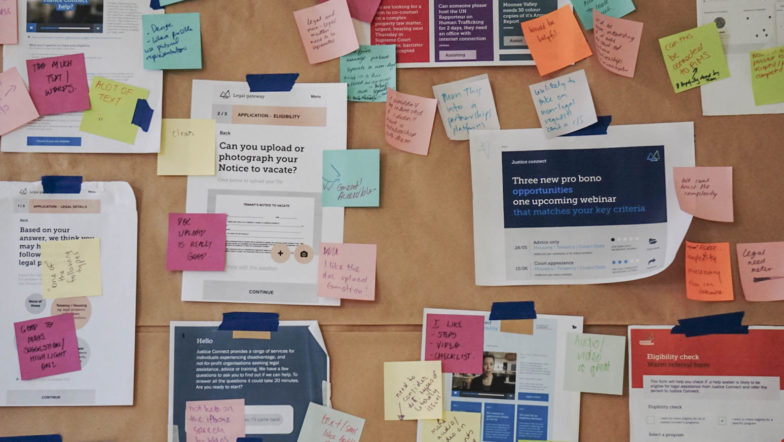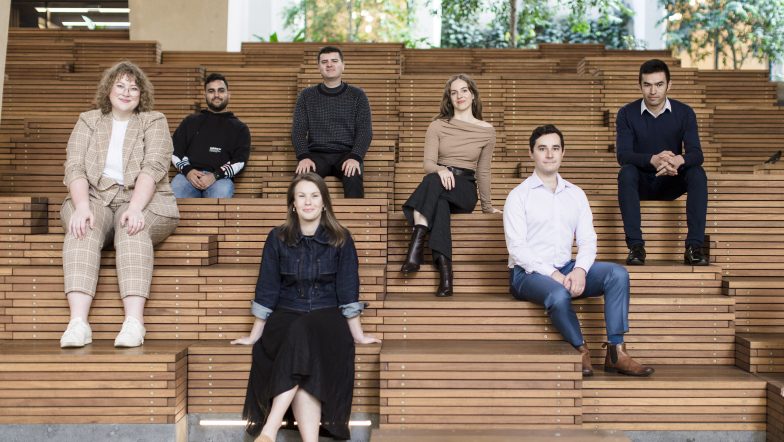
A Just Life
Life’s problems often have legal solutions.
Yet many people don’t realise they have a legal problem, don’t know how to get help, or can’t afford the right help. Our report, A Just Life, shares our vision for a justice system that gives Australians a fair chance at a better life.
A Just Life highlights the stories of our clients and their experience of the justice system, and the insights that our lawyers who work with these problems and the system day-in, day-out bring. It contains 12 client stories and eight videos of the people we help, our staff and our colleagues in the legal and non-legal sectors, in their own words.
These stories paint a picture of a legal system that puts itself out of reach for too many. For some, it makes legal rights invisible and for others it hits them harshly and heavily.






